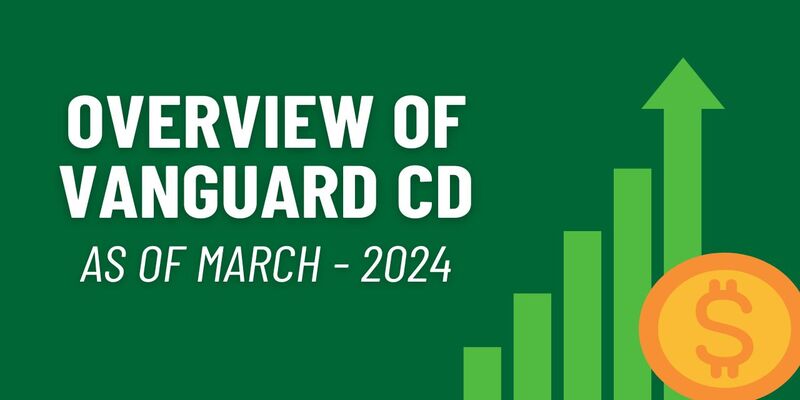The consequences of insufficient money to compensate staff extend beyond losing talented individuals. A payroll loan may help you pay your employees and keep your firm functioning in the event of a temporary dip in earnings. To pay employees, company owners might take out a variety of loans. If you need money, looking into your loan alternatives and comparing fees, interest rates, and periods is a good idea.
Payroll Loan
A payroll loan or employee loans may help a firm pay its workers temporarily if its operational cash is low. A payroll loan may help you weather financial storms like late payments or seasonal sales drops. Small company loans, lines of credit, and alternative financing solutions like invoice factoring are some ways payroll loans might be structured. If they approve you, you may hear back from the lender in days.
Need for Payroll Loans by Small Businesses
Business owners with cash flow issues may benefit from payroll loans. Payroll loans may help cover funding gaps in several scenarios.These include:
- Unexpectedly expensive repairs
- People who don't pay their bills on time or who pay late
- Business revenue fluctuates with the seasons
- Staffing up to accommodate growth
Borrowing money to pay workers on time and keep your small company viable may happen, even though preparing and having cash on hand is better. Several alternatives may provide quick finance for businesses in an emergency, regardless of credit score so that they can pay payroll bills.
Types of Payroll Loan

The funds you need for payroll may be obtained via various financing alternatives. Loans that may be used to pay staff are listed below.
Short-term Business Financing Loans
Companies with short-term loans pay back in under two years. Short-term business loans are available from banks and internet lenders. However, acquiring a bank loan may take weeks and require a lot of money and strong credit. Online alternative lenders may approve loans faster and with fewer conditions than banks.
However, Online loan rates may be expensive, depending on factors like your credit score and the specifics of your organization. Short-term business loans may carry 3%–50% APRs. Business loan interest rates rely on collateral, revenue, and borrower and company credit histories.
Commercial Credit Lines
Business lines of credit provide revolving credit lines for payroll, supplies, and other necessities. Unlike a loan, a company line of credit provides you with a credit limit you may use repeatedly.
Like credit cards, lines of credit have an annual fee and a fixed or variable interest rate. The maximum loan and interest paid depends on lenders' and borrowers' debt-repayment capabilities. You may build your company with $250,000 to $1 million credit lines from large banks and internet lenders.
Invoice Factoring
You can use invoice factoring to finance payrolls, whereby some of your unpaid bills are sold off to a business that pays part of the outstanding invoices in advance. The average advance payment is 95% of all unpaid bills. For example, if your company has $20k of unpaid bills, you could qualify for a cash advance of nearly $19,000. Invoice factoring companies review your invoices and perhaps even the creditworthiness of some of the firms you are owed money to judge whether they can advance funds.
The invoice factoring business receives the payments from your customers, but you get money in advance if invoices are approved. You will get a part of the remaining money when fees are deducted from paid bills. Invoice factoring makes it possible to get money for your business without taking a loan.
Invoice Discounting
As with invoice factoring, you can raise finance against outstanding payments over a shorter term than a sale. The invoice discounting firm can provide you with a loan to finance your payroll and other charges. You accumulate invoices and pay off the loan with interest from the proceeds.
Advantages and Disadvantages of Payroll Loans

Consider the pros and cons of a payroll loan before you have to shoulder this burden.
Advantages
- Since approval and funding happen instantly, some short-term lending providers may offer cash in a few days.
- Customized payments are made for each individual. Lenders can assist you in establishing a day-to-day, biweekly, weekly, or monthly payment schedule.
- Keep employees on staff. In particular, during busy seasons and for expedient ratepayers loan can be a gift from heaven.
Disadvantages
- Exorbitant costs attached to funding. If your company's credit and history are poor, short-term funding at a fair interest rate and cost may be tough.
- Short-term loans for employees with high payments may be tough to repay if your cash flow is limited.
- You risk getting into troublesome debt if you borrow money frequently to keep your company running. Have a strategy to settle any existing debts before you take on further debt.
Requirements
Loan types and lenders might affect the specific requirements for payroll loans. The following are some considerations lenders consider when granting loans:
- If you want to know if you can repay back the loan, lenders will determine your income. Some lenders require an annual income of at least $ 100,000, while others need a minimum sales figure of over 400K.
- If you establish your company, it might take up to two years before securing a loan.
- Credit for individuals and companies. Lenders evaluate your creditworthiness based on your personal and company credit ratings. If your credit score is low, say, below 580 on the FICO scale, you may still be able to qualify for a business loan from one of these lenders. A better credit score qualifies you for lower rates; however, when your loan is bad, the interest rate may be higher.
- In case the business fails to repay the loan, it can force its owners to secure their properties as securities.
- Factoring organizations may investigate the customers' creditworthiness and invoice verification processes before deciding to front payments for bills.




